Linguistics 111: Phonology
Dr. Will Styler - Winter 2019
Today’s Plan
What was this course about?
Your Phonological Future
The Phonological Future
What was this course about?
Phonology
The study of how sounds pattern in Language and languages
Within-Language Phonological Questions
What sounds differentiate words? (Phonemic Analysis)
- … and what do speakers hear as being “the same sound”?
How do speakers tend to group sounds together? (Natural Classes)
How do sounds change when combined together? (Phonological Alternations)
What combinations are “legal” in the language? (Phonotactics)
How are syllables formed and what kinds of syllables does the language prefer? (Syllable Structure)
You’ve got this now
You see how sounds can carry contrast, or just vary contextually
You now understand that classes and features can often be more valuable than segments
You know some of the rules (like sonority and syllable structures) that make sounds more or less ‘legal’
… and you can cope with the weirdest of syllable problems
Phonological Theory Questions
What patterns of sound patterns are more and less common around the world?
How should we model the sound patterns we see in language?
Are we using rules that transform ‘underlying’ sounds into one another?
Are we choosing a form among many which does the fewest things we don’t like?
How do these various approaches handle real data from real languages?
Do they predict all the things that really happen?
Do they predict crazy things that never happen?
How do they account for exceptions and other weird data?
Yep, you’re on this too
You know what kinds of rules are common, and which ones seem more weird
You know the advantages of rule-based approaches
You’ve felt the pain of rules that don’t predict everything
… and of rules that do predict everything
… and you’ve seen your perfect analysis shatter in light of a handful of exceptions
… and we’ve gone beyond that
We’ve seen data that nobody’s really happy about
We’ve seen some alternative approaches to handling these data
We’ve seen that all the regularity in the world shatters when you’re in the field
Your work is not done, though.
There is so much more joy/pain in Phonology
Real world data are much dirtier
LIGN 111 Phonology problems
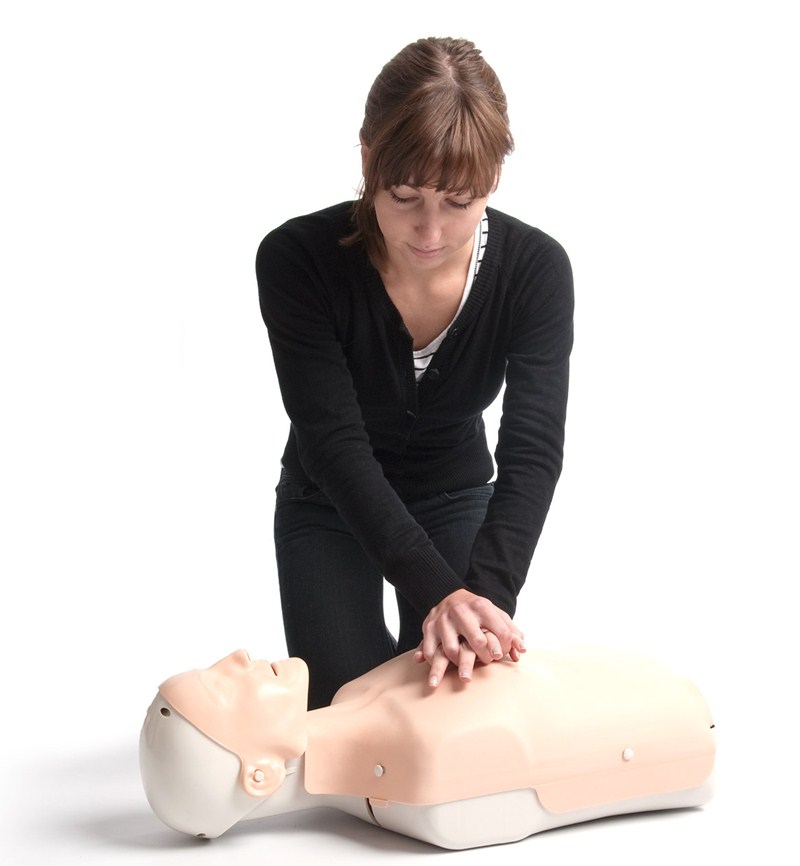
We’re isolating sets of rules to make your life easier
In reality, you’ll have more moving parts
More rules, more interactions
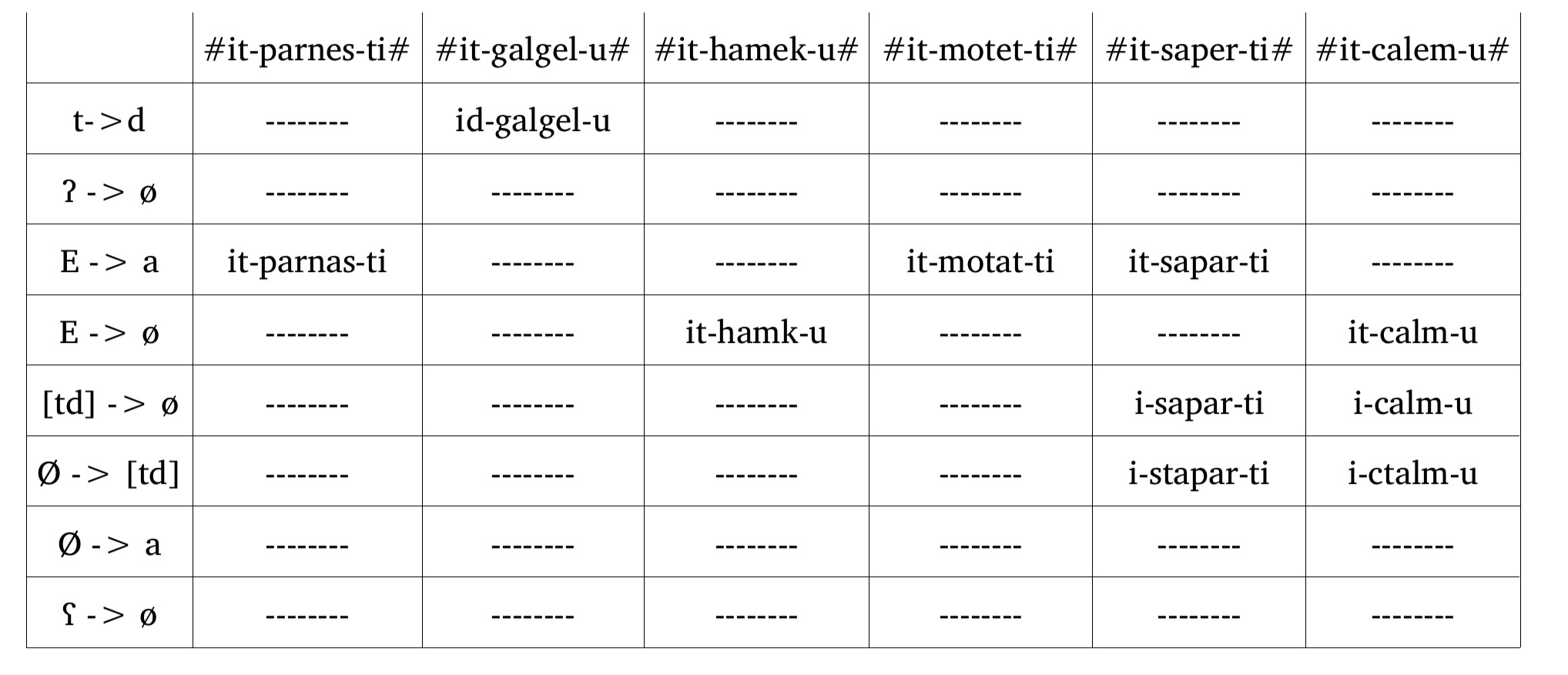
We’re giving you a necessary and sufficient amount of data
We’re giving you data in digestible chunks
In reality, you’ll have all of the data
Step 1 is to identify the forms which explain the rules
We’re cleaning the data
“Hmm, that epenthesis isn’t understandable in this subset of data”
“These four forms turn this from one rule to six. Let’s leave those out”
“… Yeah, let’s pretend that’s not a long vowel”
You’re not dealing with all the other issues in Linguistics
You’re told what sounds actually are on the surface (Phonetics)
You’re told what the words mean (Semantics)
You know the morphemes involved, and that they’re not secretly different forms (Morphology)
You’re given problem sets which we know you can handle
Languages have no such mercy
Any given language has the potential to force advances in theoretical phonology
- … and even individual forms can force us to rethink how phonology should work
We’ve also neglected big parts of phonology
Prosodic and Metrical Phonology
Prominent
Stressful
- Get it?!?
Completely missing from LIGN 111
Signed Language Phonology
Absolutely, 100% a thing
A major component of signed language study
Completely absent here
Phonology of Harmony
We’ve touched on harmony issues, but it gets much more complex
Blocking, Domains, directionality
Nope. Not in 111.
Historical Phonology
“How do sounds change as languages change?”
“How do contrasts develop and disappear over time?”
“Wait, how the f*** did Afrikaans get tone?”
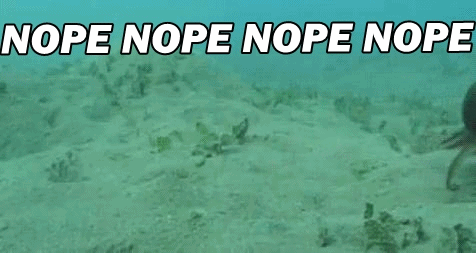
(and much, much more!)
We haven’t even talked about some of the other approaches to phonology!
We don’t have a “best” theory of phonology
We’re teaching you the best one to teach undergrads
… but there are many people working on approaches they each feel are ‘best’
We’ve talked about rules
There’s a UR which contains the unpredictable stuff
Rules derive the surface form from it using predictable processes
Complexity comes from multiple interacting rules, or from abstract URs
We’ve talked about constraints
There’s a UR which contains the unpredictable stuff
We know what this language doesn’t like, and how bad it is to do each of those things
Let’s pick the least-worst form!
Complexity comes from constraint choice and ordering, as well as GEN
… but there are other ways!
Government Phonology
“Well, we’re pretty good at syntax. Why not do phonology like we do Syntax?”
“Screw features, let’s just derive everything from six primitives”
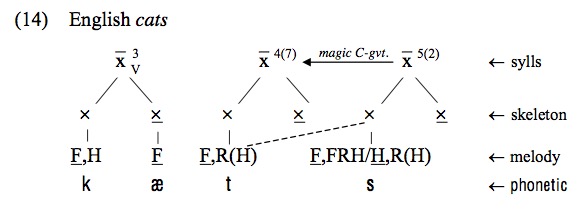
Computational Phonological Modeling
“There’s still some variation in the data. How can we model that with constraints?”
Let’s compute the ‘best’ solution using actual language data
Plug a large corpus of data in with some constraints to a statistical model (like Maximum Entropy)
You’ll get rankings of the constraints, and probabilities of each form
Usage-Based Phonology
All we have is the surface forms
We store every word we’ve ever heard, as whole words
- Phonemes aren’t a thing
The frequency of hearing a given form determines the correct answer
Wugs are handled by analogy
Why usage-based phonology?
Goodbye URs and Abstractions!
Memories, Mammaries, and Artillery
Complexity comes from analogy
- … and the fact that it’s worthless to describe a language’s phonological system in a grammar
(We talk more about usage-based approaches in LIGN 120)
- … assuming it’s me or Gabi teaching it!
Laboratory Phonology
“I wonder if these phonological questions can be addressed by experimental phonetic study?”
“Are my nasal vowels actually nasal?”
“Is this a devoiced /d/, or just a /t/?”
“Do we see evidence of constraints vs. rules in this experimental paradigm?”
We’re not quite sure if LabPhon == Phonology
Or whether it’s just a trojan horse from Phonetics
- 😈
… but it is absolutely a thing, and now more than ever, phonetics and phonology are tight
… and LabPhon is changing the nature of the field
What is the future of Phonology, anyways?
The Battle for the Soul of Phonology
Some people want phonology to stay what it has historically been
- … and focus on rigorous description of the data
Some people want phonology to become an experimental discipline
- … and continue the phonetics/phonology love-fest
Some people want phonology to become a mathematical discipline
- … and treat phonology like any other data-modeling problem
Some people just need to work with languages
- … and they’ll do whatever it takes to get the patterns described
Much of what we do in Modern Phonology was developed within the last 50 years
The people who revolutionized the field were sitting in a classroom like this 60 years ago!
… and many argue the field is ripe for a new revolution
The Future of the Field of Phonology starts today
Some of you will go on to be actual professional Phonologists
You will help the field to advance
You will help new tools, theories, and technologies to be developed
You will help guide the field into the future
You will work with phonology for the rest of your career!
Some of you will run screaming, as fast as you can, from Phonology
Phonology is hard.
Many argue it’s the hardest undergrad linguistics class
Some argue it’s the hardest linguistic subfield
It’s also often super abstract
- … and that level of abstraction doesn’t sit well with everybody
The problems you want to solve might not be phonological…
- … but guess what!
You too will work with phonology for the rest of your career!
… as a matter of fact …
All of you will have to deal with phonology for the rest of your careers
There is no place to run
There is no place to hide
Phonology will find you.
LIGN 120: Phonology Strikes Back!
… because …
Phonology is absolutely crucial to getting linguistic work done
(So, you best be able to deal with it!)
10 weeks ago, an optimistic man said…
In 10 weeks, you will look at a phonological problem and…
Know that it’s a phonological problem
- Identify what’s changing or unexpected
Understand how to start looking at and characterizing it
Use tools from this class to break it down
Describe the pattern, and form a coherent analysis
Describe the pattern, and form an elegant analysis
Your final dataset for LIGN 111
| Singular | Gloss | Plural | Gloss |
|---|---|---|---|
| [fat] | ‘glass’ | [avat] | ‘glasses’ |
| [tas] | ‘cat’ | [adas] | ‘cats’ |
| [sap] | ‘card’ | [azap] | ‘cards’ |
| [pu] | ‘trashcan’ | [abu] | ‘trashcans’ |
| [kop] | ‘phone’ | [agop] | ‘phones’ |
In case you haven’t noticed…
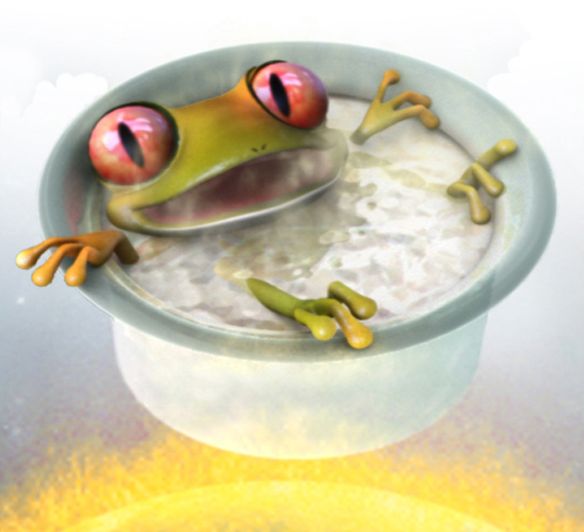
You’re now rolling your eyes and speeding through data that would have wrecked you in January
- We are incredibly proud of you!
This class had two main goals
- To give you enough phonological knowledge to move past many phonological problems
- To show you why phonology is an interesting and worthwhile field to spend your life in